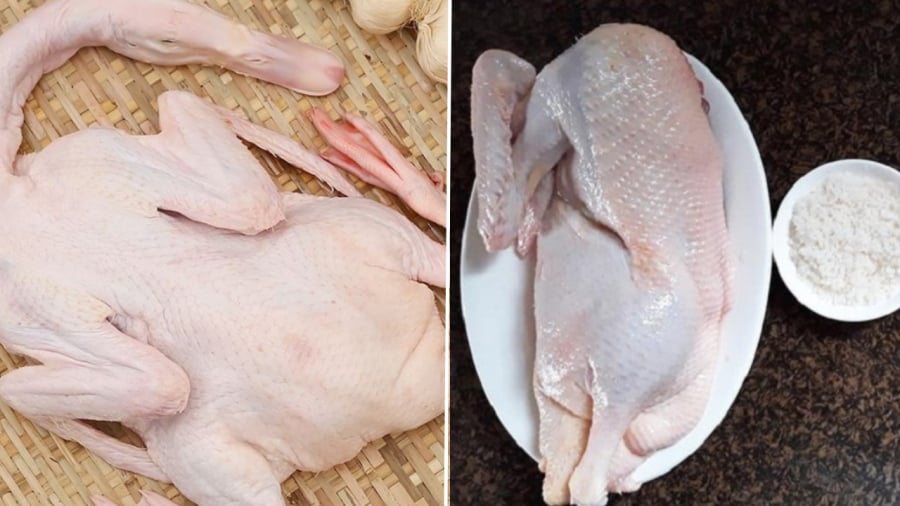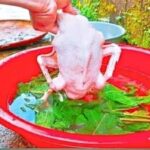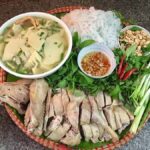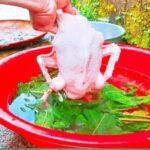Duck meat is a highly nutritious food, but it often has a distinctive foul odor. During the preparation and cooking process, it is essential to know certain tricks to eliminate this smell.
Eliminating the Odor from Duck Meat Before Preparation
Usually, younger ducks have a stronger odor than more mature ones. Additionally, the meat of younger ducks is softer. Therefore, when purchasing, it is best to choose ducks that are of a suitable age, neither too old nor too young.
It is also preferable to select ducks fed with plant-based food such as rice bran, grains, beer dregs, soybean dregs, wine sediment, and banana stems. These ducks will have more fragrant meat with less odor. However, typically, ducks fed a combination of plant and animal-based feed (such as using bone meal, fish meal, or miscellaneous fish) will have higher productivity as they tend to grow and gain weight faster. The meat of ducks raised in this manner often has a stronger odor, especially when they molt.
According to experienced individuals, to eliminate the duck’s odor, pour a small amount of white wine into its mouth before slaughtering it. This will help the duck expel any foul smell.
Plucking Duck Feathers the Right Way
Properly plucking duck feathers can also help reduce the odor. Boil water and add some star fruit or water spinach leaves, or a little quicklime. These ingredients make plucking the duck’s feathers easier and also help eliminate the odor.
Submerge the duck in the prepared hot water, ensuring that all the feathers are soaked. Use your hand to press down close to the duck’s skin and pluck the feathers in the direction of their growth to remove even the smallest feather strands.
If you notice any black substance in the duck’s follicles, make sure to squeeze them out thoroughly.
Removing the Duck’s Crop
The duck’s crop is one of the main sources of the foul odor in duck meat. While some people enjoy eating this part, it is a site for lymphatic glands, which harbor bacteria, germs, and other impurities. Therefore, it is advisable to remove the crop during the preparation process to eliminate harmful substances and reduce the meat’s odor.
Washing the Duck to Remove the Odor
After plucking the duck’s feathers, wash it with some readily available ingredients from your kitchen to eliminate dirt and odor. Lemon, vinegar, coarse salt, wine, or crushed ginger can all be used to clean and deodorize the duck meat effectively.
Simply rub these ingredients on the inside and outside of the duck and then rinse it with clean water. Let the duck air dry before cooking.

Things to Note When Boiling Duck
When boiling duck, it is recommended to use water that has been boiling for a while. Duck skin is usually thick, so there is no need to worry about it tearing when using hot water. To enhance the flavor of the boiled duck, add a few cloves of garlic and some crushed ginger roots.
Once the water reaches a rolling boil, turn down the heat to ensure that the inside of the duck is thoroughly cooked. The boiling time will vary depending on the size of the duck. Note that when boiling the duck, use a pot large enough to completely submerge the duck in the water, preventing the meat from turning black and ensuring it looks more appealing.
To check if the duck is cooked, insert a chopstick or a sharp stick into the thickest parts of the duck. If no pink liquid oozes out, the duck is ready to be served.





































